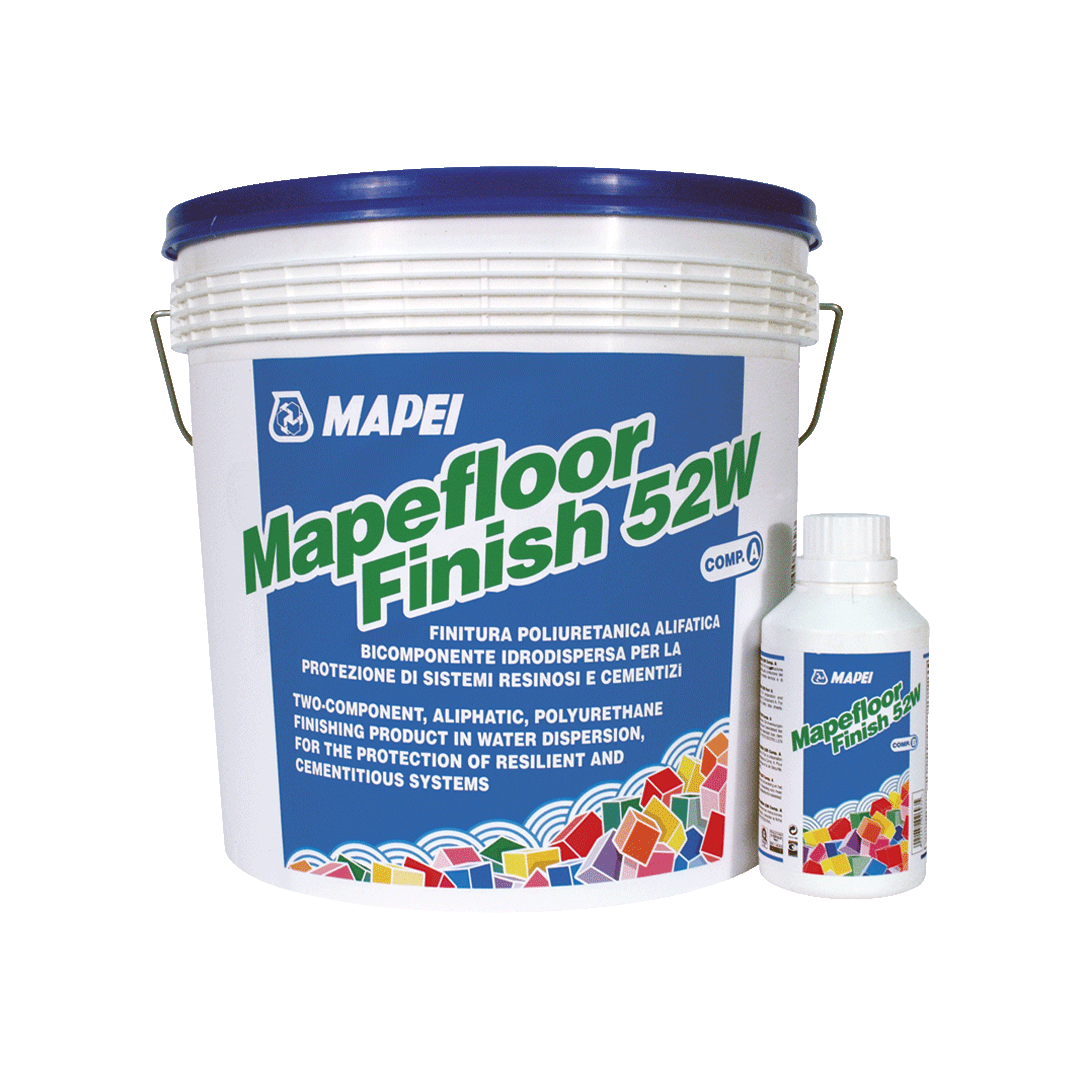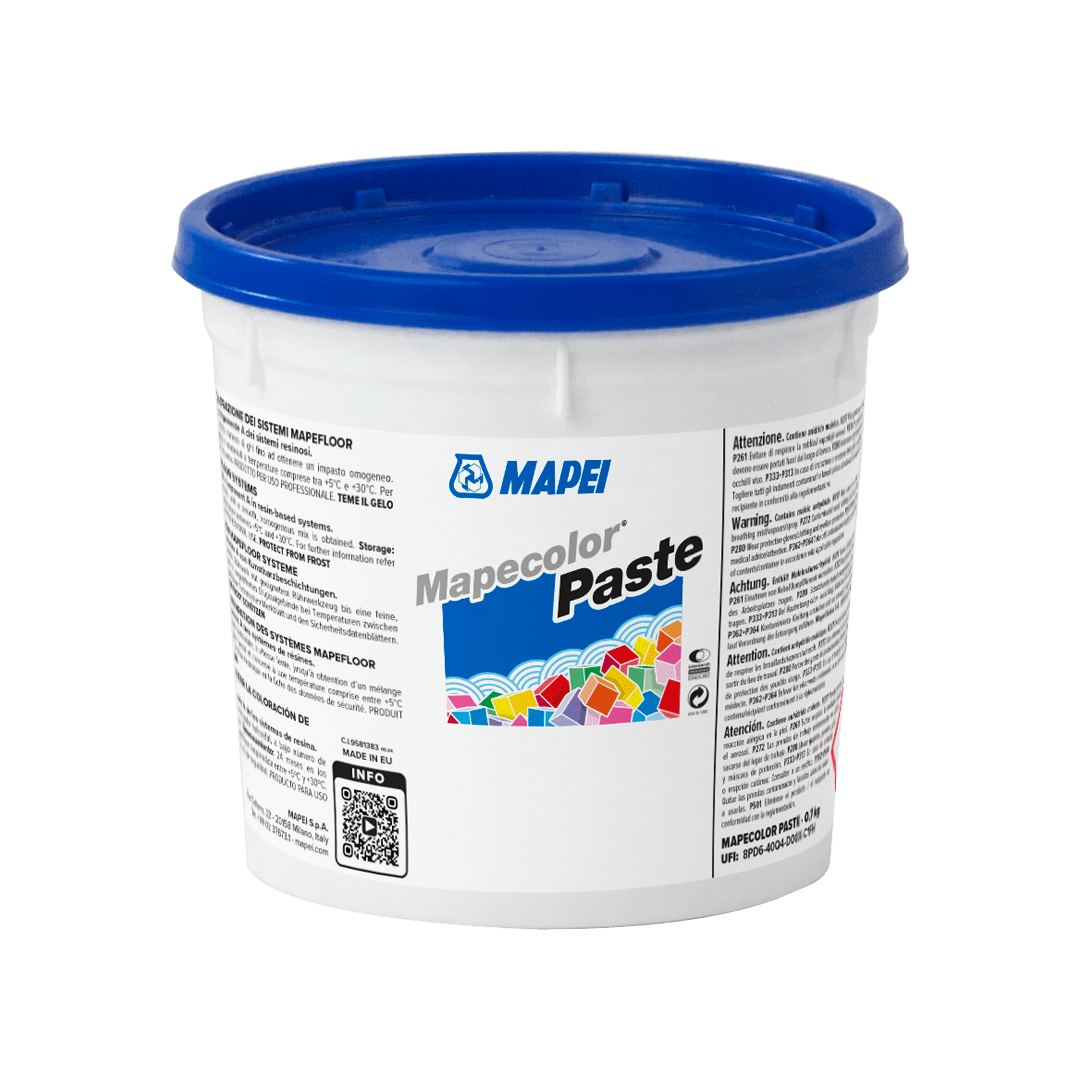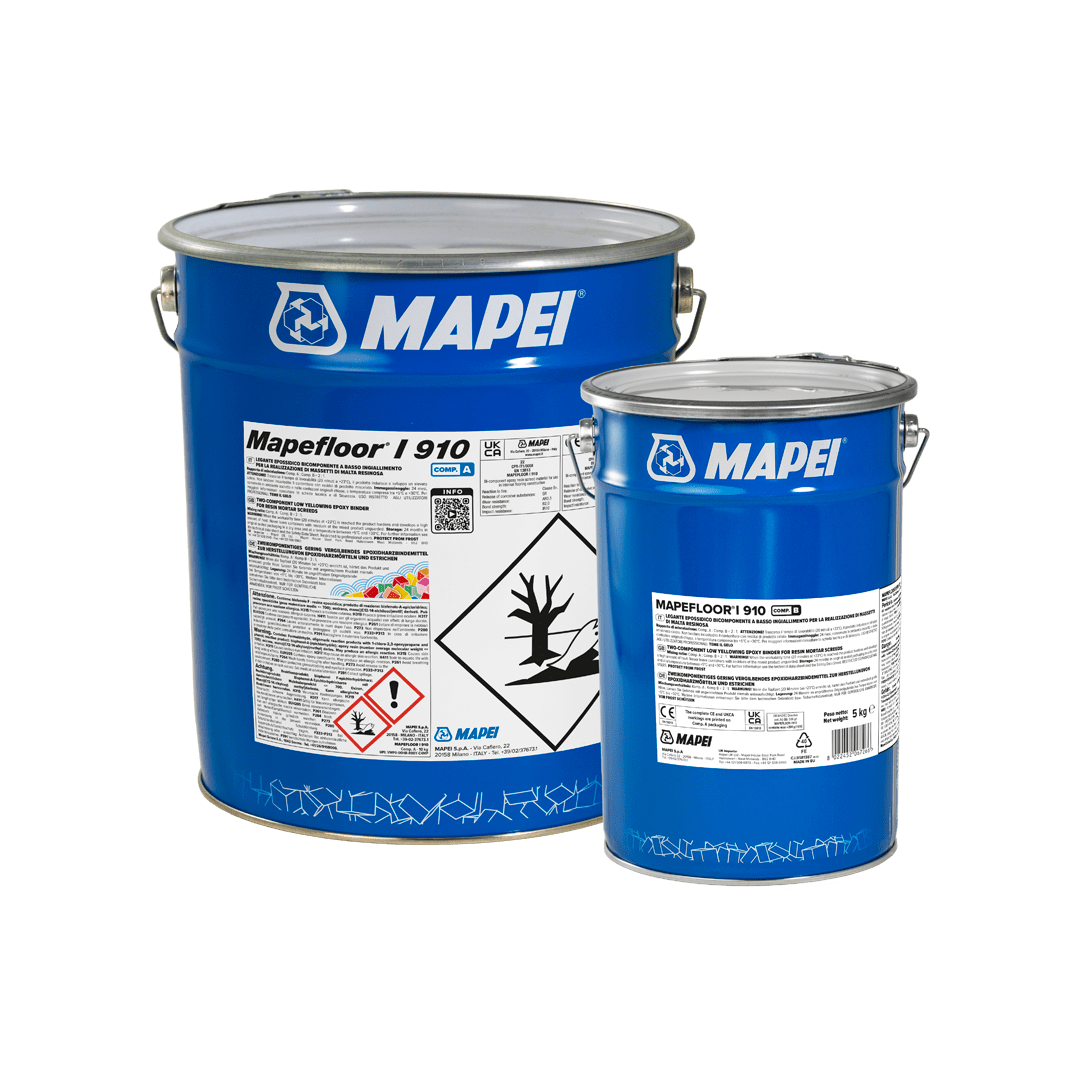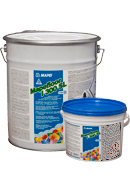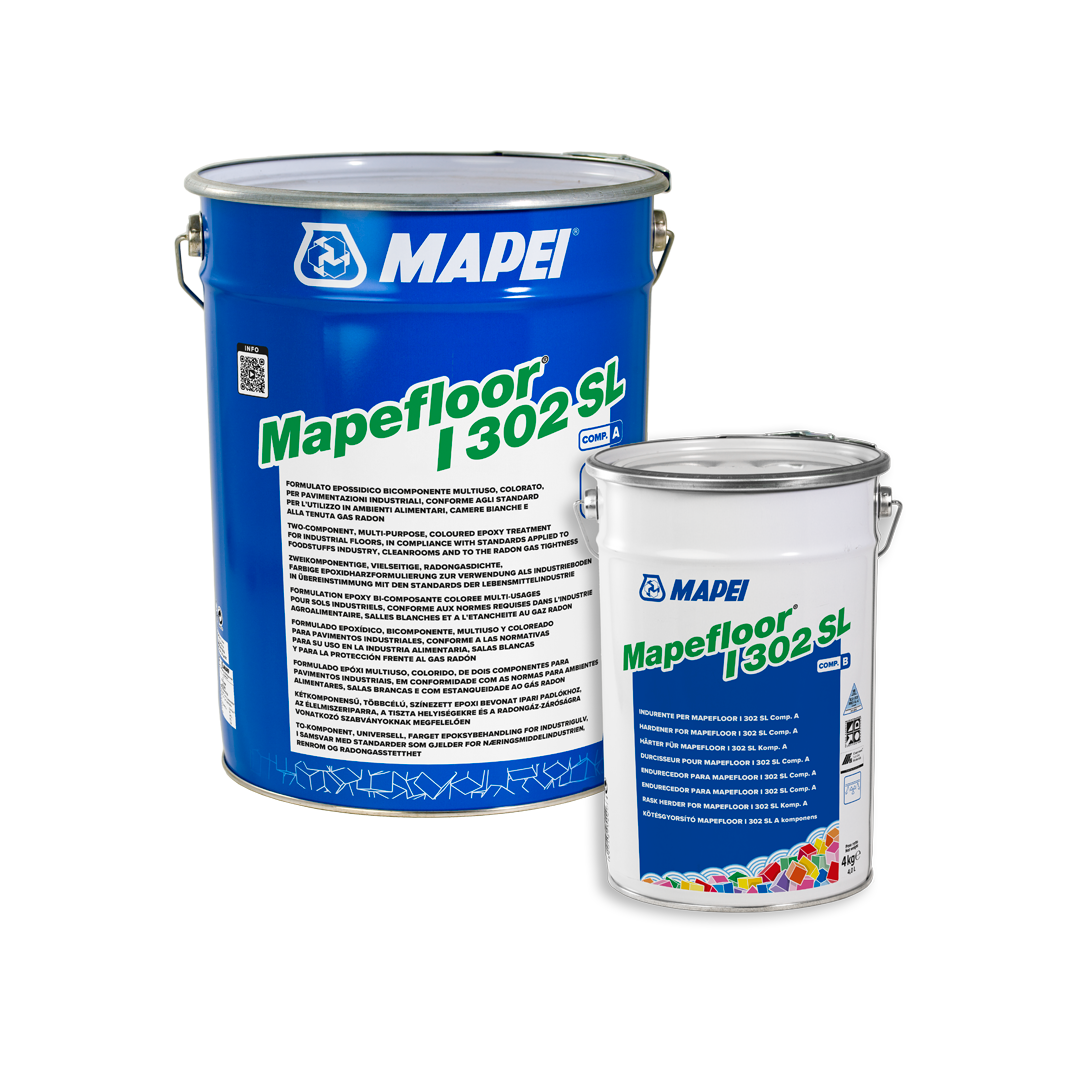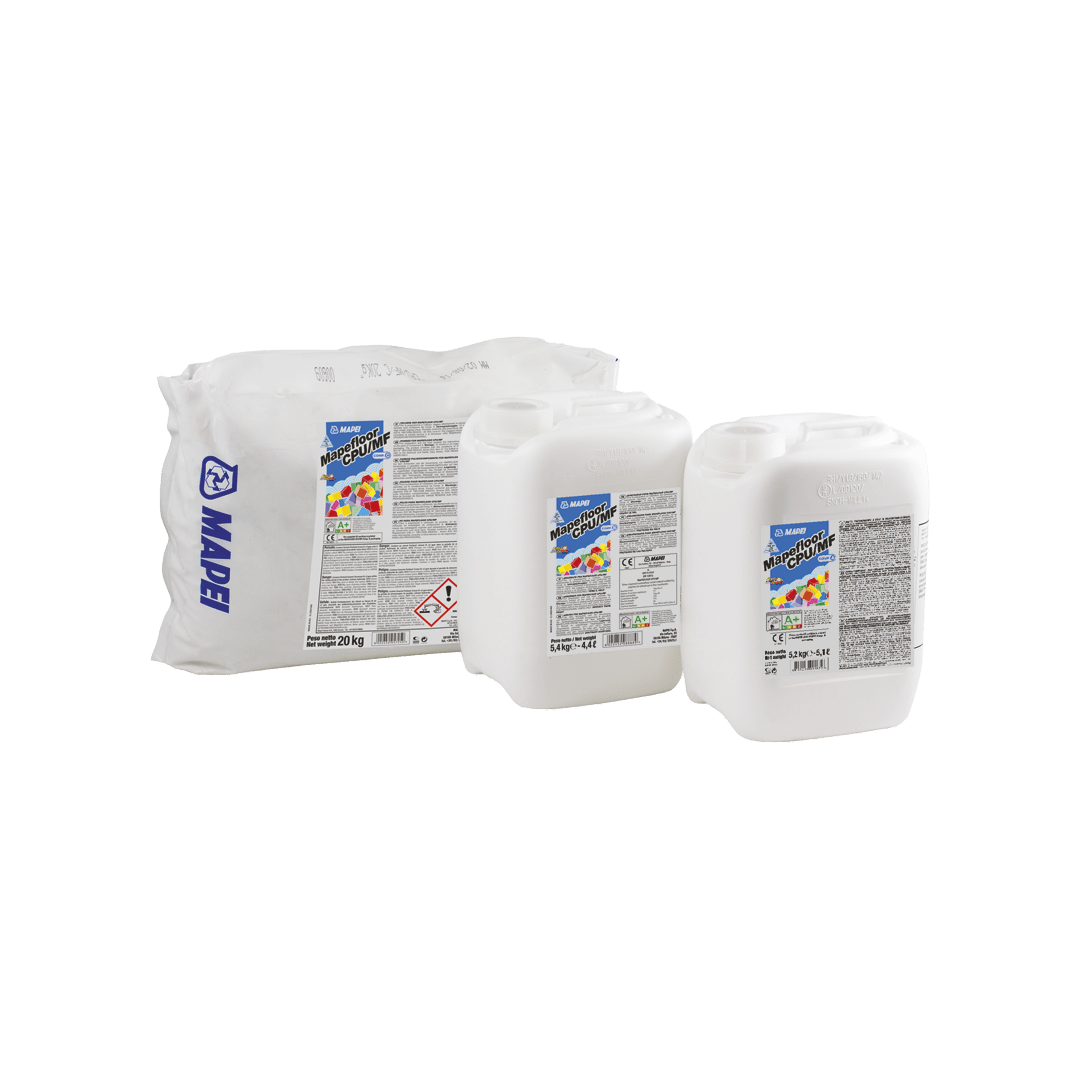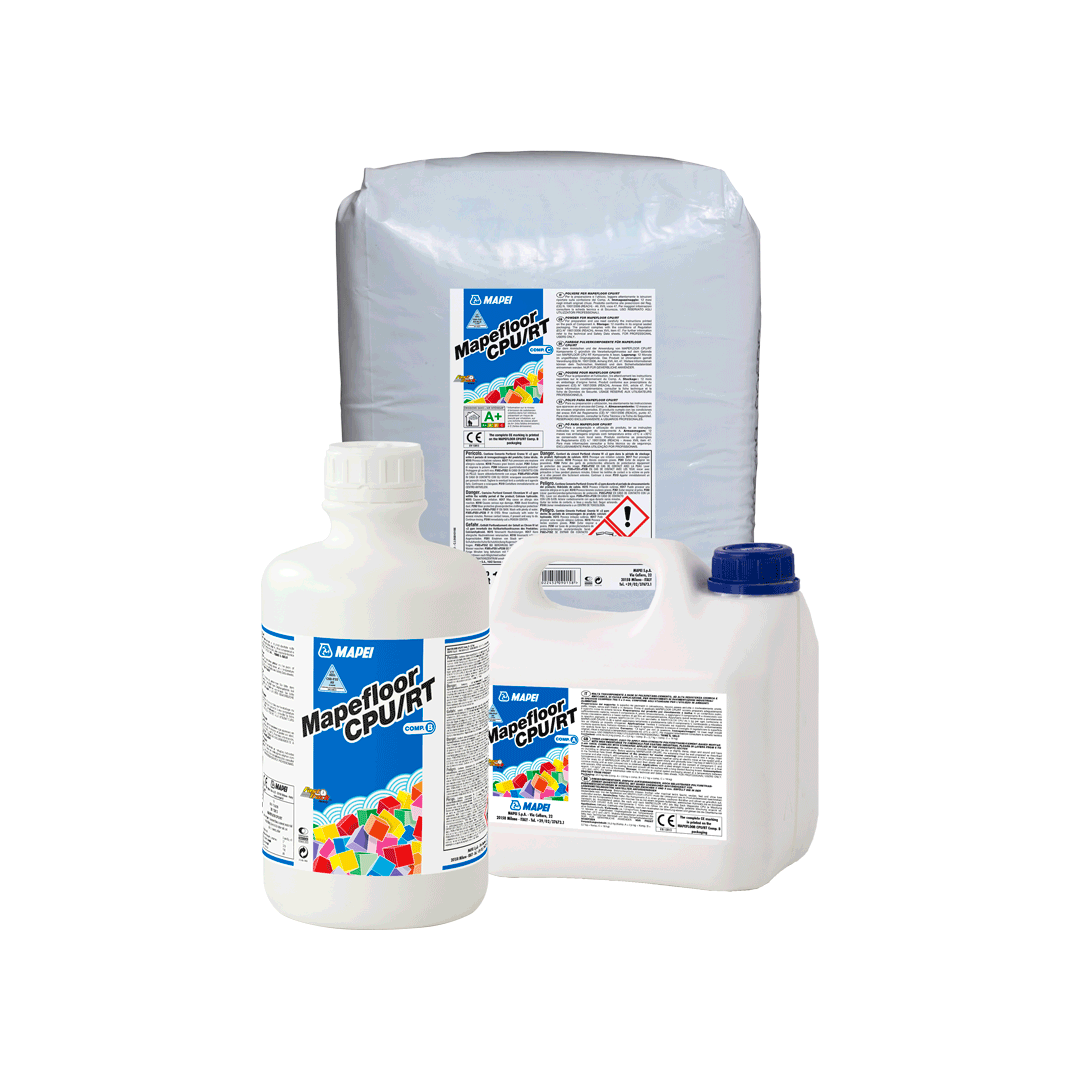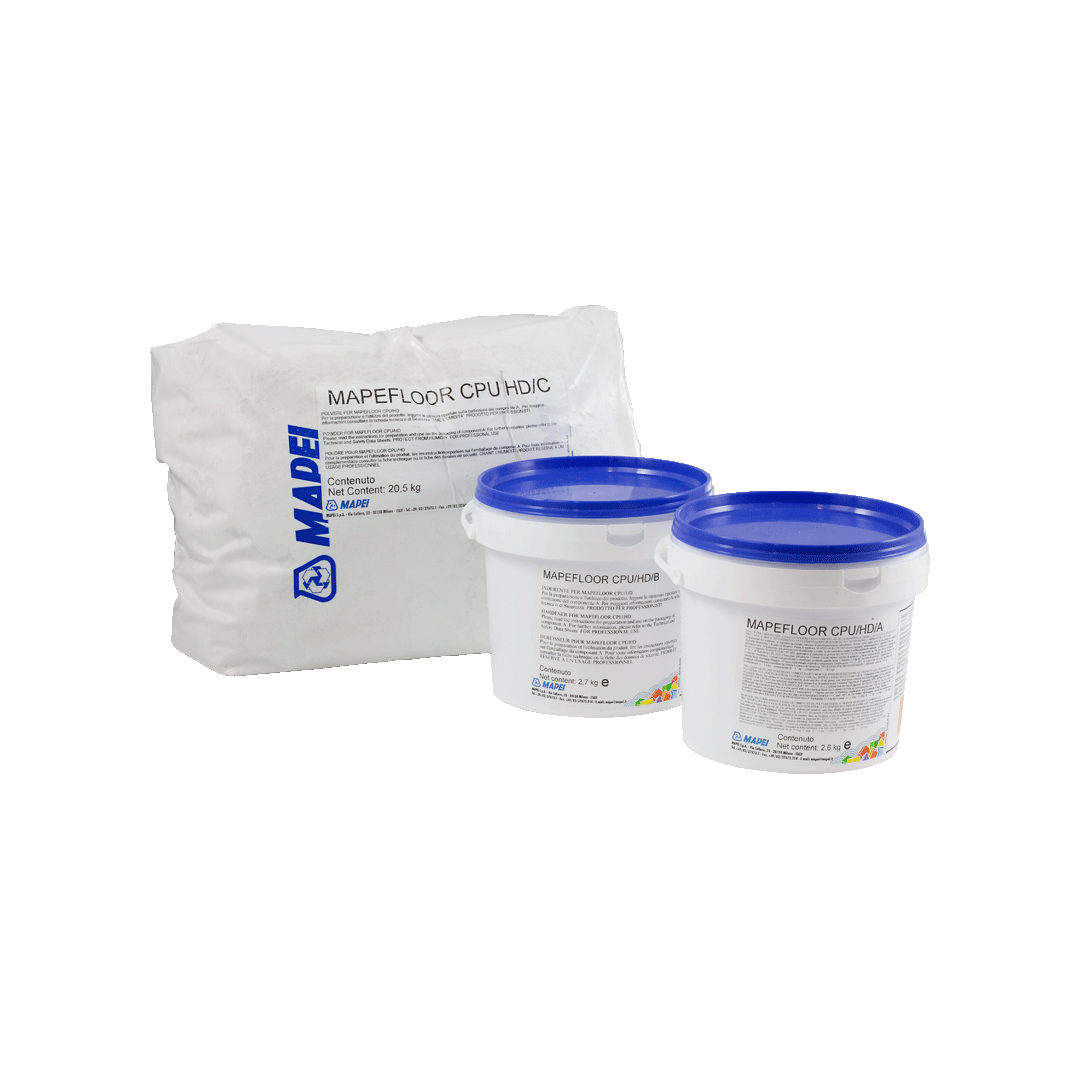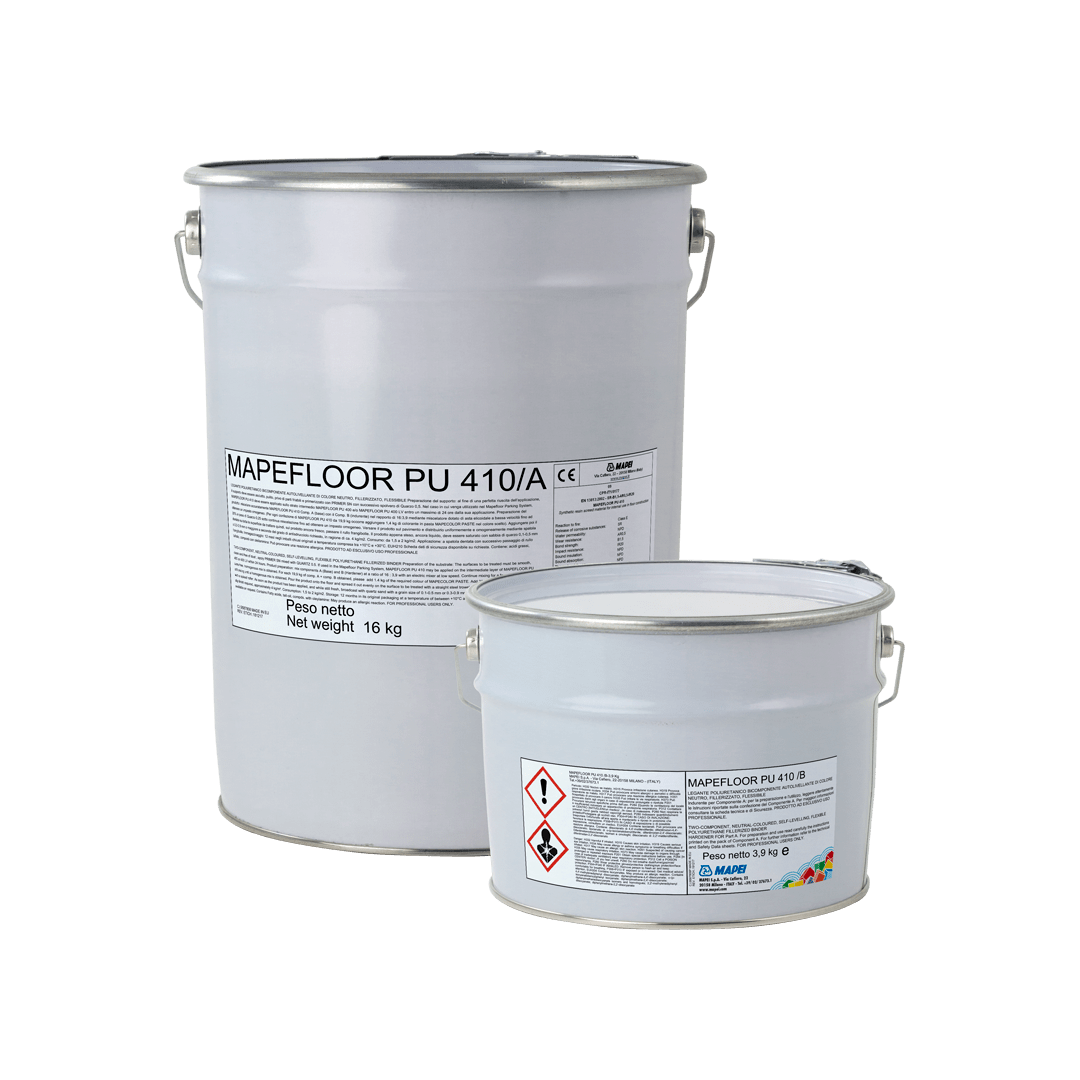Epoxy (EP) and Polyurethane (PU) flooring are two of the most common industrial floorings used in Singapore and around the world.
In this article, we will share more about the differences, which industries they are more suitable for as well as how to maintain them.
Epoxy floor systems are typically used in heavy-duty industries such as machinery manufacturing, warehouses, logistics and general manufacturing.
These industries often require operations that involve heavy vehicle movements like the use of forklifts and thus, epoxy floor coatings are considered as they are harder, providing higher durability and compressive strength. Epoxy flooring is also the preferred choice if it will be potentially exposed to battery acid.
PU flooring, on the other hand, is more flexible and therefore, more scratch-resistant. It is a good choice for areas such as multi-storey carparks as the flexibility of polyurethane floor coating can also act as a waterproofing layer to prevent concrete (substrate) cracks to move through the coating and appear on the surface.
When it comes to chemical exposure, PU flooring is also the better option especially in food industries that deal with dairy, milk and beverage production - exposing the floor to lactic acids and other fruit acids.
The main difference between epoxy and polyurethane is that epoxy flooring in general is harder whereas PU flooring is more flexible.
PU coatings and self-levelling materials are also much more sensitive to moisture presence. Hence, if there is the presence of condensation, floor moisture or extremely high humidity during the application of a PU flooring material, damage in terms of bubbles, blisters, pinholes and wrinkles on the top surface as well as debonding issues from the concrete substrate may appear.
When comparing PU flooring versus Epoxy flooring, epoxy is sensitive to moisture but not as much as PU flooring materials.
In general, PU flooring materials cure faster than epoxy flooring materials so if a project needs to be handed over in a short amount of time, PU flooring is a good consideration. However, applying PU flooring materials require experienced applicators due to their faster pot life which is why it is advisable to hire a professional.
PU flooring materials are also slightly more expensive in general but it is important to understand that price is not always the only factor and more thought should be put into considering the right kind of material for the facility and/or intended purpose.
Take note that chemical exposure can change the colour of epoxy and PU flooring so chemical leakage or exposure on the floor needs to be removed as soon as possible to avoid penetration and damage which could result in danger to the environment. The right flooring system can be recommended by understanding the kind of chemicals used in the facility beforehand.
Write to Mapei if you require a free consultation for your flooring project needs and we will recommend the best solution after understanding the site and your requirements.
